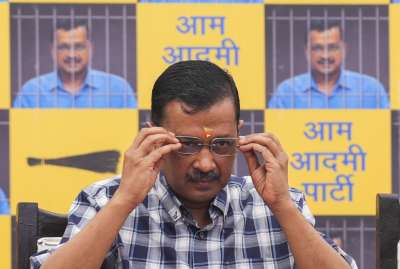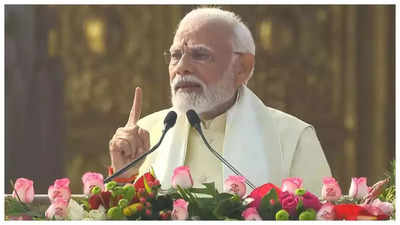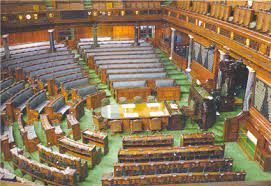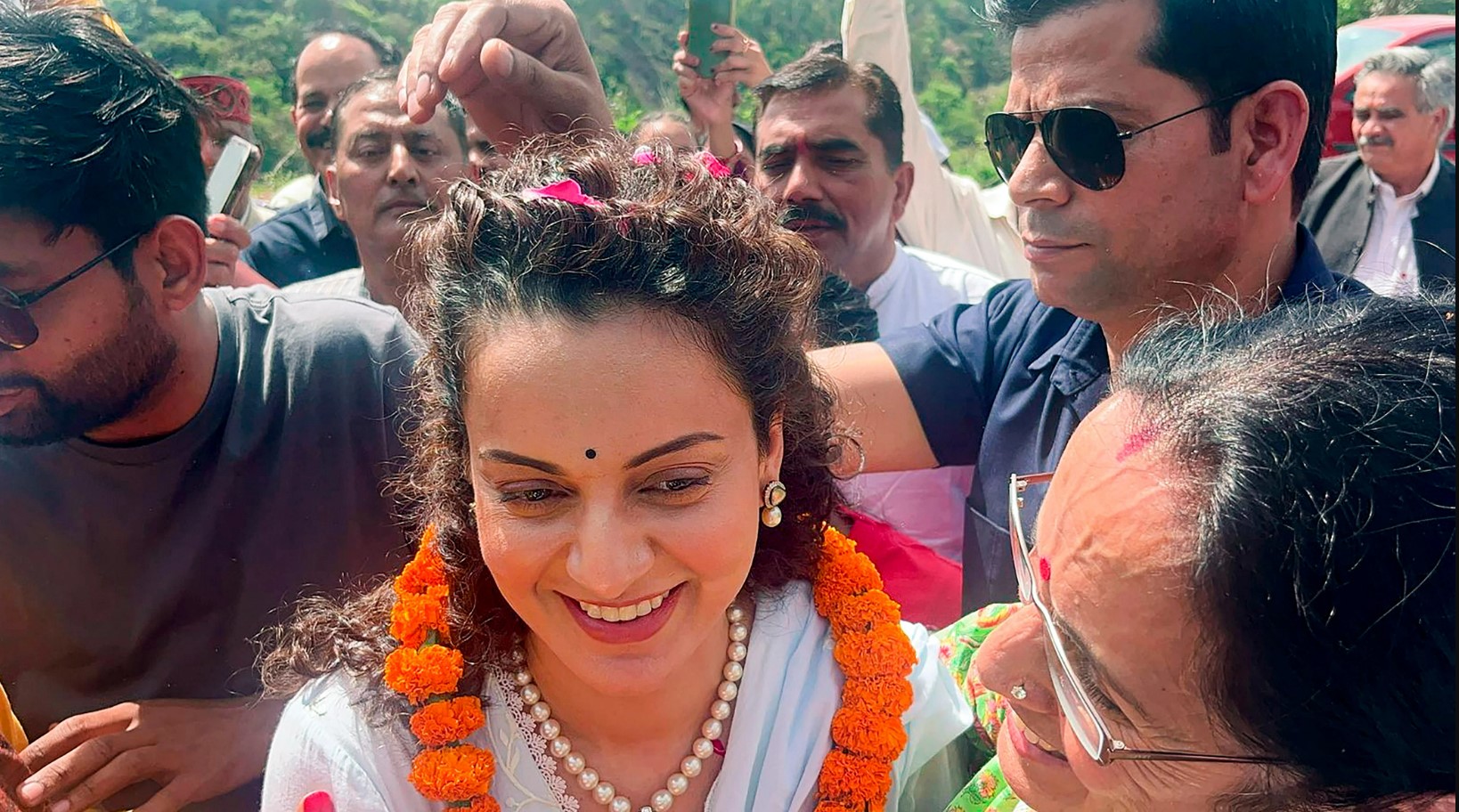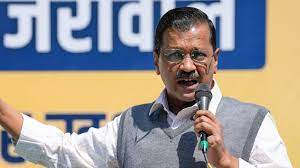
On 17th March, the Enforcement Directorate issued Delhi Chief Minister Arvind Kejriwal with two further summonses
On 17th March, the Enforcement Directorate issued Delhi Chief Minister Arvind Kejriwal with two further summons regarding unrelated cases: one involving the liquor policy and the other involving the Delhi Jal Board.
In accordance with section 50 of the Prevention of Money Laundering Act (PMLA), a summons has been issued for Monday, March 18. The Delhi Jal Board's unlawful tendering and the suspected laundering of criminal gains are being investigated by the ED.
AAP leader and Delhi Minister Atishi responded to the summons in the Delhi Board case by claiming that no one is aware of the case and that the summons were issued because "Prime Minister Modi has started doubting whether they will be able to arrest Kejriwal in the Excise matter case." According to her, the central agency was preparing a fallback strategy to apprehend Kejriwal.
Ten sites associated to AAP members were raided by the ED in February of this year as part of their money laundering investigation in the Delhi Jal Board. AAP MP ND Gupta, former Delhi Jal Board member Shalabh Kumar, and Bibhav Kumar, Kejriwal's personal assistant, were among those whose homes were searched.
The ED investigation is purportedly predicated on a complaint brought by the Central Bureau of Investigation (CBI), which claims that Arora gave a DJB contract to NKG Infrastructure Limited, which purportedly did not fulfill the technical eligibility requirements, for more than Rs 38.02 crore. The job was allegedly subcontracted by NKG Infrastructure to Aggarwal's proprietorship company, Integral Screws.
Notably, Kejriwal had disregarded eight summonses that the CBI had sent in relation to the case of the liquor policy scandal. In two allegations brought by the Enforcement Directorate against Kejriwal for allegedly missing repeated summonses in a money laundering case, the Delhi court granted him bail.
Kejriwal was also let to leave the courtroom by Additional Chief Metropolitan Magistrate Divya Malhotra's court. It stated, "Accused Arvind Kejriwal is admitted to bail, offense being bailable."
The investigating agency was also ordered by the court to provide Kejriwal with any documents pertaining to the complaints. For the uninformed, the anti-corruption organization filed two complaints with the magistrate court, requesting that Kejriwal be prosecuted for allegedly ignoring several summonses that were sent to him about the matter.
The Chief Minister had earlier informed the court that his "hectic schedule as a CM" prevented him from willfully missing the ED summons. The ED filed a complaint in court on February 3 under Criminal Procedure Code sections 190 and 200 for Kejriwal's failure to comply with the agency's summons issued under Prevention of Money Laundering Act (PMLA) Section 50 (power to issue summons) and for failing to participate in the investigation, following Kejriwal's fifth violation of the summons.
In an application, the ED accused the CM of being "non-cooperative" during the probe. "A CM or an ordinary person will always have work to do, but once they receive a summons, they are legally required to attend; they are not entitled to ignore the summons just because they are a CM and can use that as an excuse to avoid attending," the notice stated.
